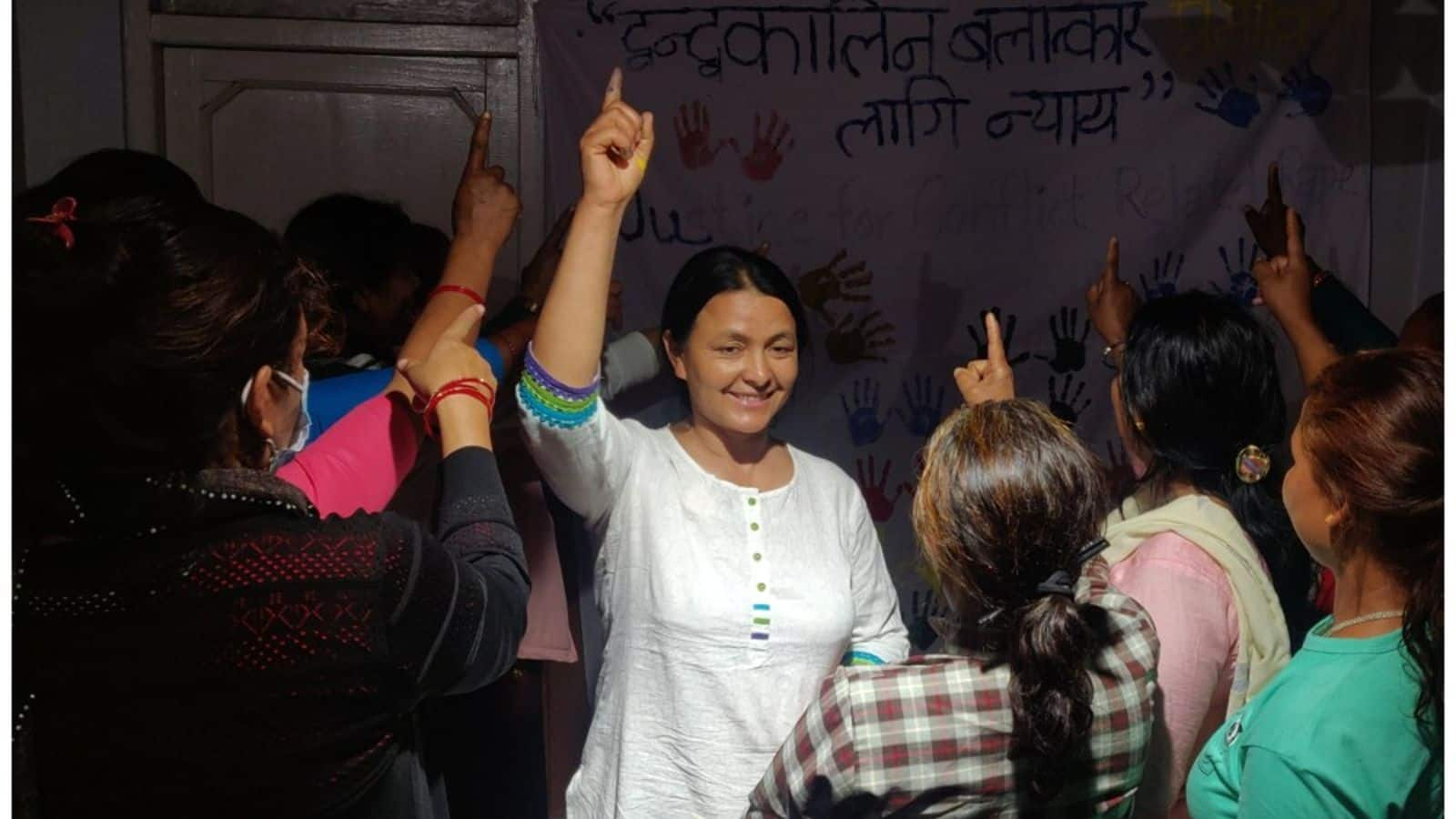
Toronto's Hot Docs: Subina Shrestha's 'Devi' unveils activist's courageous journey
What's the story
Subina Shrestha, a distinguished filmmaker and journalist, has skillfully portrayed the empowering journey of Devi Khadka in her latest offering Devi. Khadka—a survivor of wartime sexual violence—turned her personal trauma from fighting alongside rebel guerrillas in Nepal's civil war to working for justice in her country. The film premiered at Toronto's Hot Docs festival, mirroring the escalating global concern for women's safety and rights in conflict zones.
Filmmaker's insight
Shrestha's perspective on 'Devi's story and sexual violence
In an exclusive interview with Variety, Shrestha stressed that Devi's story is both unique and universal. "Every country that has war has the same stories of sexual violence but they never get attention in reparations," the filmmaker said. She also noted the UN's Security Council Resolution 1820, which only recognized sexual violence as a war tactic in 2008, declaring such crimes ineligible for amnesty.
Information
Rising concerns over conflict-related sexual violence
The United Nations's 2023 annual report unveiled a shocking 49% increase in Conflict-Related Sexual Violence (CRSV) cases from the previous year. This disturbing trend was underscored by UN special representative Pramila Patten at the inaugural International Conference of Prosecutors on Accountability for CRSV.
Devi's Journey
Khadka's journey: From victim to activist
Khadka's ordeal began during Nepal's civil war when she was accused of rebellion by the monarchy government and subjected to torture and rape in police custody. After her release in 1997, she was thrust into the public eye by Maoist leadership. "Devi's story was the only one to come out and so it was impossible to talk to her after that because she had been vilified by the media and didn't want to tell her story," said Shrestha.
Production journey
The making of 'Devi': Challenges and triumphs
Following numerous unsuccessful attempts to reach Khadka, Shrestha finally secured a meeting with her in 2019 through Asmita Khadka—a former Maoist and independent Nepalese journalist. "(Devi) gave me her diary, and said do whatever you need," Shrestha said, adding, "We had to interview her multiple times to understand it." The film provides an insight into Khadka's personal life, her interactions with other victims of sexual violence during the war, and her transformation into an activist.
Activism emergence
Devi's transformation into politics and activism
Following the conclusion of the war in 2006, Khadka ventured into politics. Although she didn't initially aspire to become an activist or public leader, the filmmaking process altered her perspective. "When she started telling her story there was no stopping her, and our responsibility as filmmakers changed," Shrestha revealed. The film faced funding challenges in Nepal due to political concerns but was eventually produced by a team including Shrestha, Khadka, and London-based producer Rosie Garthwaite.